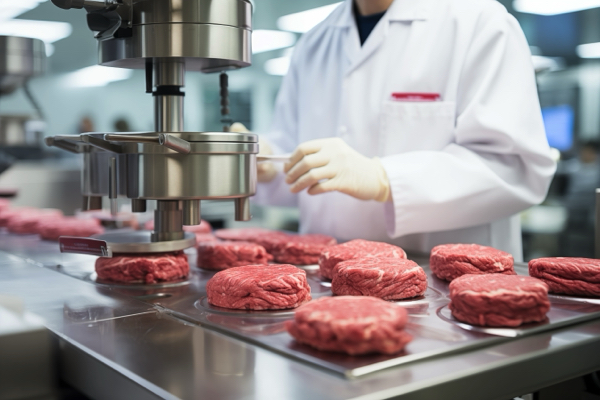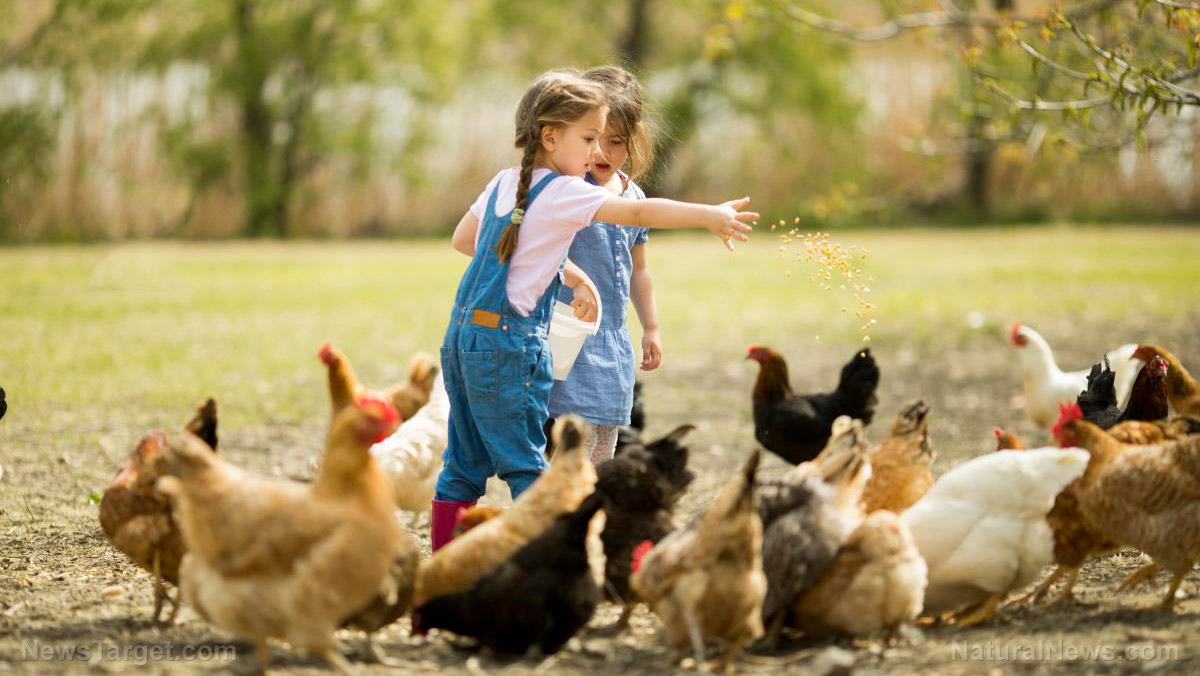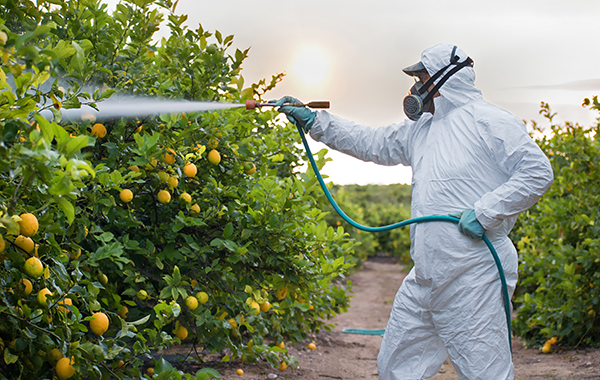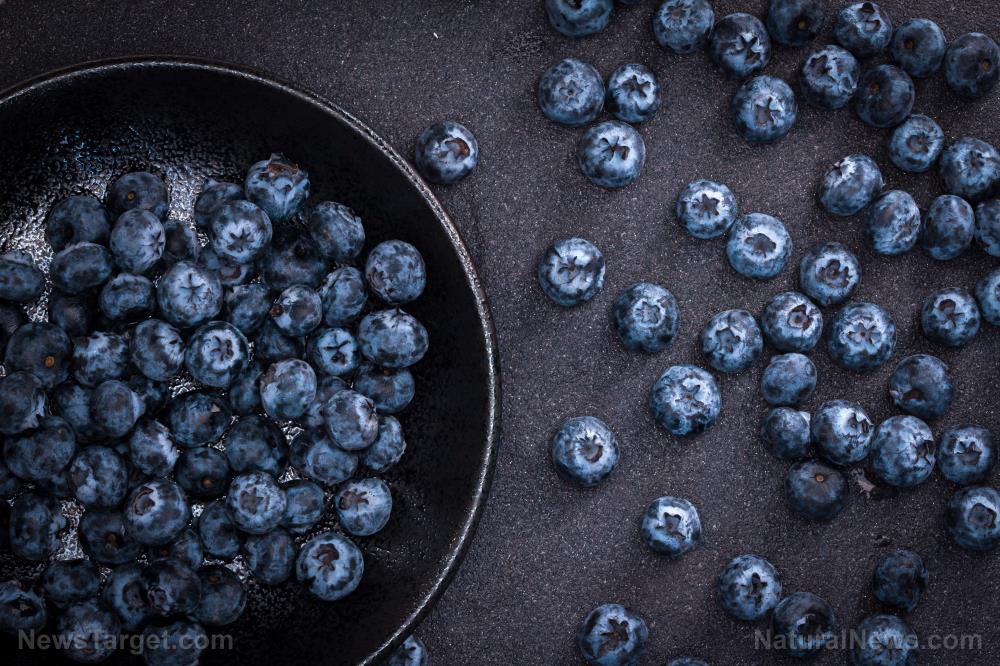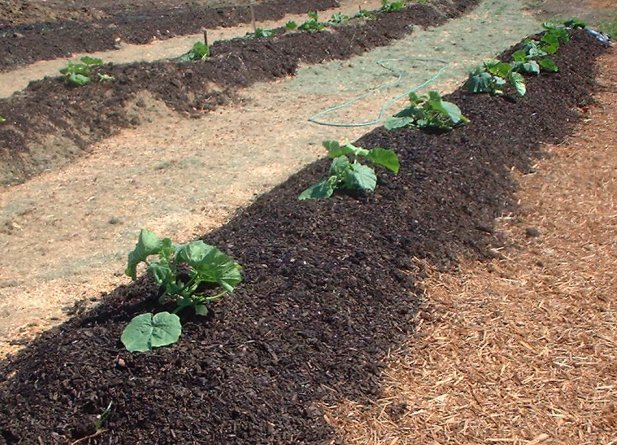
The South African Poultry Association (SAPA) reported the first bird flu cases in commercial poultry farms in April. SAPA General Manager Izaak Breitenbach said roughly 205,000 chickens have died from two different bird flu strains – the infamous H5N1 and a new strain identified as H7N6 – in at least 60 separate outbreaks across the country
More than half of those outbreaks occurred in Gauteng province, which includes the city of Johannesburg and the executive capital Pretoria. H7N6 was spreading through the northeastern provinces of Mpumalanga and Gauteng at an "alarming rate."
Producer Quantum Foods said because of the fowl plague, it had lost almost two million chickens – worth a total of more than 100 million African rand (roughly $5.18 million).
"They're dying like flies. This year's bird flu outbreaks are the worst that South Africa has witnessed and has already caused shortages of table eggs and poultry meat in the market," leading poultry producer Astral Food said in a trading update.
Additionally, the supply of these poultry products into the value chain could be affected negatively in the months to come. "Not only will these be limited, they will also be a bit pricey for low-income households already overburdened in the consumer market," Astral added.
Some grocery stores in Johannesburg are already limiting the number of eggs customers are allowed to buy – one carton of eggs in some shops.
The government announced that 2.5 million chickens bred for their meat had been culled. Breitenback said another five million egg-laying chickens had also been culled – adding that the nearly 7.5 million birds culled represented about 20 to 30 percent of South Africa’s total chicken stock.
According to SAPA, the number of avian flu cases in South Africa this year was higher than in any year since the first outbreaks of fowl plague were reported in commercial farms in 2017. (Related: Mass chicken culling based on “avian influenza outbreaks” just another malicious attack on the FOOD SUPPLY.)
Neighboring Namibia has banned chicken meat and egg imports from South Africa, one of the continent's major poultry producers.
To ensure sufficient supplies for consumers, South African Agriculture Minister Thoko Didiza said the government has accelerated approval of new import permits to bring in eggs from other countries. Didiza added that her ministry is also considering a vaccination program to curb the avian flu outbreaks.
Breitenbach said the outbreaks are "by far the worst," costing industry losses of at least $25 million and badly hitting an industry already struggling from an electricity crisis, which led to unprecedented levels of nationwide power blackouts to save energy.
In January, South African farmers said they had been forced to cull nearly 10 million young chicks as the country experienced record blackouts at the start of the year.
"As many as 8.5 million egg-laying chickens could be affected and more than 10 million birds overall, which is going to be catastrophic to the industry," said Wilhelm Mare, chairman of the poultry group in the South African Veterinary Association. "It tells me we’re going to have problems for quite a while."
Avian influenza (fowl plague) in South Africa
In poultry, low pathogenicity strains in avian influenza can cause subclinical infection, sometimes called a pre-infection or inapparent infection with few or no signs of infection in the host. Some strains typically cause respiratory signs or decreased egg production. Highly pathogenic ones, such as the H5N1 strain, could cause widespread organ failure and sudden deaths – often with high mortality rates.
The H7N6 strain, which is new to South Africa, appears to be far more contagious than the H5N1 virus spreading in the rest of the world, veterinarian Dr. Shahn Bisschop, who heads Avimune, a poultry veterinary service in South Africa, told media outlets.
"Animal health officials aren't sure if the onset of warmer weather during the Southern Hemisphere's summer season will slow the spread of the virus and discussions are underway about emergency use of a vaccine to help the poultry industry recover," he added.
Visit Influenza.news for more stories about bird flu and its impact on the food supply.
Watch this video about South Africa culling 7.5 million chickens to contain bird flu.
This video is from the Daily Videos channel on Brighteon.com.
More related stories:
Timeline: World history of viral pandemics: 412BC to 2009.
Bird flu and food inflation push turkey prices 73% higher than last year.
Bird flu outbreak strikes bird population in Britain.
Sources include:
Please contact us for more information.
















